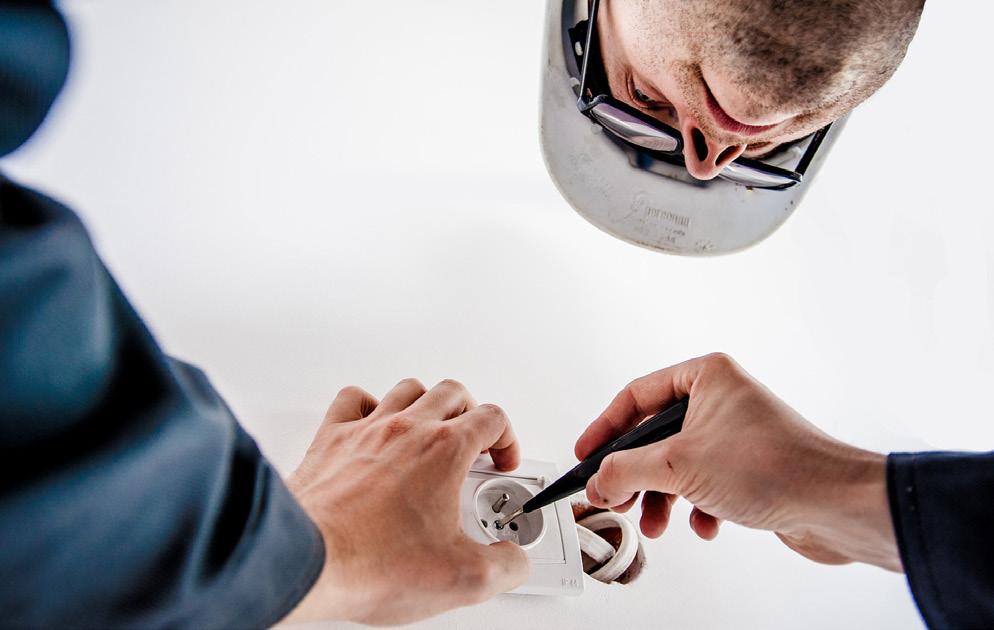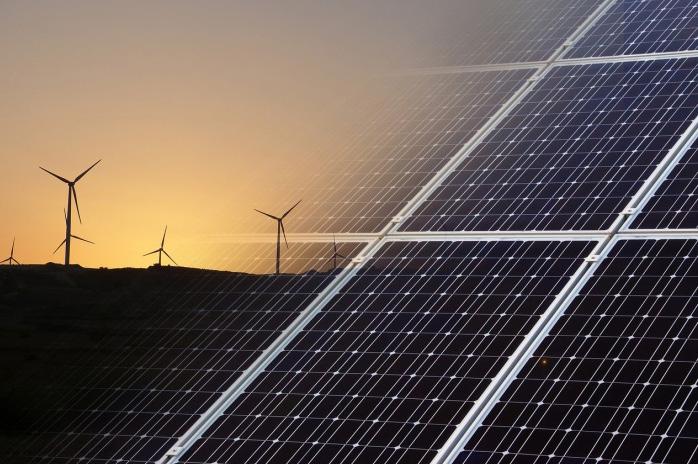GOSSAGE “No true friends in politics” In my December diary I pointed out that there might be problems ahead for the woman who had been appointed in the summer by Prime Minister Johnson to be president of the big fortnight-long multinational climate change conference, due to be held in Glasgow this November. I warned that Claire Perry O’Neill might not survive in post to complete the job. How prescient my warnings are proving to be. I expressed concern that all her predecessors running these annual “Conference of the Parties” events had invariably been either heads of, or at minimum senior ministers in, the host government. I reported that our co-hosts, the Italian government, were already offended that somebody who was no longer a Member of Parliament, let alone a senior minister, had been nominated. I mused that their anger might be abated were Claire to become a Baroness. After all, everybody loves a Lady. But the New Year’s Honours List did not contain her name. Instead she received a Friday night telephone call from Johnson’s Rasputin, the odious Dominic Cummings. He told her she had been fired, apparently because she wasn’t a trained diplomat – an omission of which Johnson presumably was aware when he had appointed her. No replacement was named. Just before, the former Conference President had warned in a BBC interview that there would be just “one shot” of success at this conference. If it failed, “it could mark the end of the global approach to tackling the problem of climate change”. We have been warned.
“John Bull’s other island”
Back to the future
Another fallout from Brexit. The island of Ireland as a whole is heavily reliant on energy from Great Britain. The Republic and the North have constituted one single energy market ever since the 1998 Good Friday Agreement.
Pause for thought for those convinced that achieving net zero carbon means electric heating will become the norm in all British buildings within the next 15 years. Currently over 80% of UK homes depend on gas for heating and cooking. For so long as gas produces greenhouse gases like carbon dioxide and methane, its days must be numbered.
This market constitutes an energy island save for just two underwater power links, both of which go to Great Britain. Most of Ireland’s oil and gas imports come from the UK. There is no prospect of gas or electricity ceasing flowing between the UK and Ireland, because energy trading isn’t something that depends on EU membership. But the EU does govern the rules and standards around such flows, and that’s what is causing concern in Dublin. For instance, if the British government really does deliver on its threats to diverge on energy usage standards, it could get a lot harder to trade energy between them. It may also become difficult to address short-term shortages if the energy regulators are not cooperating as they used to through EU bodies.
But what if gas production could become as it was before North Sea Gas, when town gas was made available to homes that was more than 50% hydrogen, after being derived from coal? Presently hydrogen is mostly produced for commercial use by extracting it from natural gas, which is carbon intensive. But technically it is equally easy to extract hydrogen from freshwater or seawater using electrolysis – a process that involves passing an electric current through water to obtain hydrogen and oxygen. When the hydrogen is burned it produces only water as waste, and no carbon dioxide.
Complications would also arise if disputes between the two regulators emerge, because given the UK’s obduracy, those disputes could no longer be resolved by the European Court of Justice.
Several trials are already taking place in the UK with existing gas distribution networks to supply homes with a mixture of up to 20% of hydrogen and natural gas. Others are developing networks that can burn 100% hydrogen.
Because of this, state-owned utility EirGrid has pressed the European Commission for EU funding for a planned €930 million underwater electricity link across the Celtic Sea to France. This would enhance European energy connections: the project is a joint venture between EirGrid and French utility RTE.
However, current legislation bans more than 0.1% of hydrogen in the gas network. If either or both of these trials prove successful, the government will have to change legislation to allow such schemes to be rolled out to consumers, thus retaining the gas network of transmission and boilers.
“It’s a project of common interest and a project of enormous strategic importance to an island nation which post-Brexit, is not connected to Europe,” warns EirGrid CEO Mark Foley. Quite so.
Given the right regulations and market incentives, around 60% of the heat supplied to domestic, commercial and industry consumers could come from hydrogen in the gas network. Sales of gas to buildings (its main market) have already dropped by one-third since 2005, thanks to better energy efficiency. It is reckoned that more insulation and modern glazing could easily reduce gas use by a further quarter by 2035. The future may not be quite as electric as many are naively assuming.
10 Electrical www.electricalreview.co.uk Review | March 2020 ????







